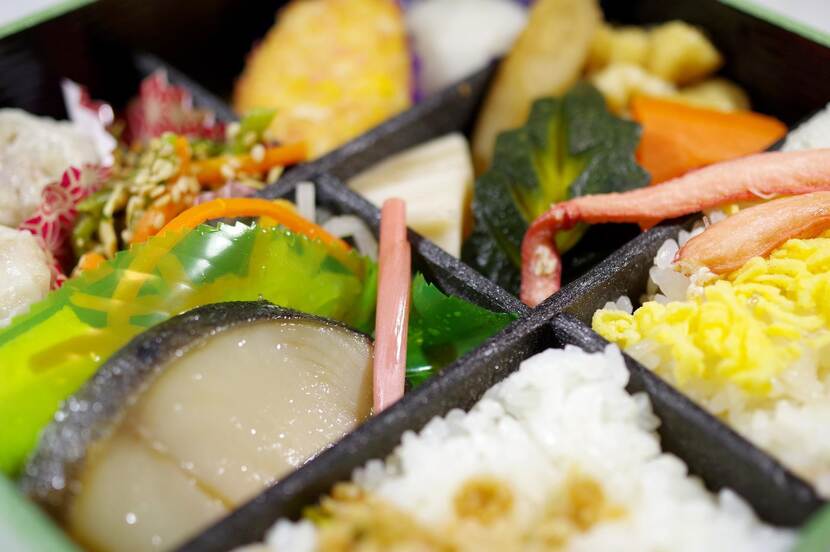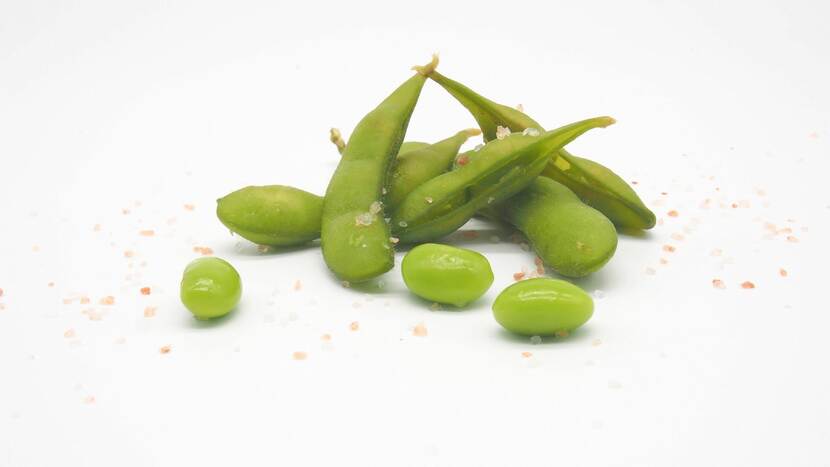Japan News Update #29 (24 May to 6 June, 2022)
Stay updated on the latest agricultural news in Japan, that we publish every two weeks.
by Yuki Sano
Circular agriculture in Japan
Japan wants to boost its reliance on renewable energy sources. However, many hilly places in Japan are unfavourable for solar panels. Solar sharing is one potential option, which involves using land for both agricultural and solar electricity at the same time. While solar panels may appear to be an appealing source of extra income, the Ministry of Agriculture, Forestry, and Fisheries (MAFF) wants to guarantee that food security remains a top concern. As a result, restrictions have been put in place to ensure output levels.
Source: Solar Power & Farming In Japan
Researchers at the University of Tokyo have devised a method for converting food waste into possibly edible "cement" for use in construction. It is the world's first method of producing cement exclusively from food waste. Tea leaves, orange and onion peels, coffee grinds, Chinese cabbage, and even lunchbox leftovers have all been used to make cement.
Source: Japanese researchers look to develop cement entirely from food waste, Press Release

New Technologies and Trends in the Japanese Food and Drink Sector
ROBIT Inc, a company integrating AI technology into robotics, has launched the world's first AI cutting robot, CUTR, which can automate cutting-type processing of foods and other irregularly shaped objects using image processing algorithms based on AI technology and proprietary hardware technology. CUTR can replace human operators for cutting and removing inedible sections of irregularly shaped products, enabling factory automation.
Source: AI Robot cuts lettuce with less waste
A study group at the University of Tokyo has created a database of photographs of the top 209 items consumed by Japanese people. As a result, the amount of food consumed can be readily assessed by simply picking the image on a smartphone or computer screen that appears to match the amount consumed. Japan’s food intake surveys have traditionally been done on paper and pen. The project will result in the digitalisation of large-scale food surveys and the creation of highly accurate food management apps.
Source: Establishes Image Database for Food Intake
To visualise the texture of boiling edamame, a study team from Tohoku University and JA Sendai in Miyagi Prefecture examined the softness of each part. The researchers used a computed tomography (CT) instrument that can detect density to examine the interior structure of edamame. Miyagi Prefecture is Japan's second-largest soybean producer. While sweetness and other properties could be analysed, texture and chewiness were challenging to analyse, and JA Sendai had been striving to find a method to differentiate its goods. This novel technology has the potential to capture food product attributes like texture, which has previously been difficult to quantify.
Source: Texture Visualisation of Boiled Edamame
A modest sake brewery attempts to break into Japan's nonalcoholic beverage industry. Sanwa Shuzo, located in Shizuoka, has been developing nonalcoholic beverages since the summer of 2020, when sake supplies to restaurants ceased. The nonalcoholic beverage market in Japan is growing. Last year, Japan delivered a record 40.09 million cases (equal to two dozen 350-ml cans), a 15% rise over the previous year. Nonalcoholic beverage shipments are predicted to rise another 6% this year, reaching 42.39 million cases.
Source: Japan sake brewer takes shot at booming alcohol-free market

Non-agro company’s Entry into Agribusiness
Infarm - Indoor Urban Farming Japan, a Berlin-based indoor vertical farming startup, started operations in Japan in January 2021 as its first Asian site. Kokuyo Corporation, a Japanese office furniture supply company, erected the new "farm" (hydroponic farming equipment) at THE CAMPUS, their Tokyo workplace. Employees at THE CAMPUS, visitors to the facility, and surrounding residents can see firsthand how vegetables and herbs grow at the "farm" and purchase freshly grown veggies and herbs.
Source: Kokuyo Introduces Infarm’s Vertical Farming
Food and Fertilizer Price hikes
As a result of growing material costs and the yen's fast devaluation, the prices of over 10,000 food items in Japan will rise by an average of 13% this year. While the price of edible oil and mayonnaise has risen by more than 10% since early 2021, instant noodles, ice cream, seasonings, and other foods will continue to increase beginning June 1. Prices of 6,285 food items were raised by June, with an additional 4,504 price increases planned for July and beyond.
Source: Over 10,000 food items in Japan to see price hike in 2022: survey, Japan faces 'summer of price hikes' as costs of 3,600 food and drink items set to rise, Japan braces for further consumer price hikes starting June 1
The majority of chemical fertiliser supplies are imported into Japan. Russia and Belarus have supplied 20 to 30 percent of Japan's imports of potassium chloride, a major element in chemical fertilisers. However, imports from the two nations have been practically blocked since March due to economic sanctions imposed on the two countries. Zen-Noh, or the National Federation of Agricultural Co-operative Associations, is attempting to fill the void by importing additional potassium chloride from Canada, its largest exporter. However, prices have risen as other importing countries compete to get the commodity.
Source: Ukraine crisis exacerbates fertiliser woes for Japan farms
Food policy
MAFF is considering establishing an organisation to safeguard the intellectual property of domestic plant variety creators. MAFF also intends to serve as a middleman to ensure developers obtain license payments for their new varieties. The revelation of Shine Muscat, a high-quality grape created by the National Agriculture and Food Research Organization (NARO), growing in China, highlighted the issue. According to MAFF, China owes at least $80 million in license payments for the fruit each year.
Source: Japan mulls body for protecting plant varieties
Takamori Yoshikawa, a former MAFF minister, was convicted to two years and six months in jail with a four-year suspension for accepting bribes from Akita Foods Co., an egg producer, while in office. Despite being aware that the corporation anticipated favourable treatment for the egg industry in terms of animal welfare requirements, Yoshikawa received 5 million yen ($39,000) from the then-head of Akita while serving as agriculture minister.
Source: Ex-Japan farm minister convicted for receiving bribery from egg producer